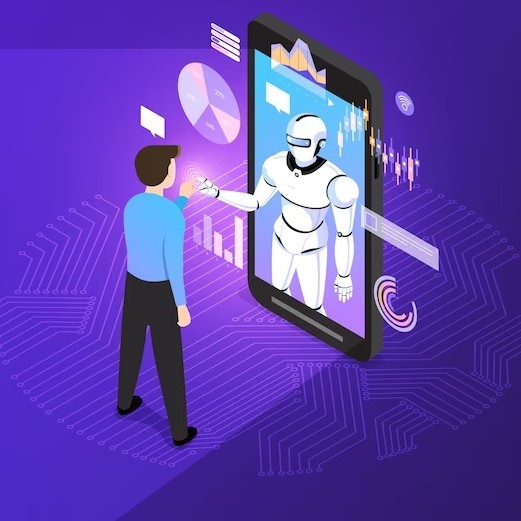Dr.Vivekananth Padmanabhan|HOD-IT|Senior lecturer IT&Business|Life Coach|Cyber Security Trainer
Have you ever wondered if emotions and feelings play a role in cybersecurity?
As technology advances, shouldn’t we rely more on artificial intelligence and less on our humanness?
Well, it turns out that emotional intelligence is more crucial than ever when it comes to cybersecurity.
Surprised? Let me explain.
Imagine this: You’re a cybersecurity analyst tasked with protecting a large organization’s network and data. Day after day, you’re analyzing threats, monitoring systems, and responding to incidents. It’s demanding work that requires logic, critical thinking, and attention to detail.
But have you considered how emotions factor in?
Stress, fatigue, boredom, frustration—these feelings are unavoidable in any job. But in cybersecurity, letting emotions cloud your judgment can lead to overlooking threats or making mistakes. That’s why cybersecurity pros need emotional intelligence (aka EI). EI is the ability to understand and manage your own emotions, as well as recognize emotions in others.
Here’s an example: Say you’ve been working all night to contain a malware infection. You’re exhausted and frustrated. At the same time, your teammates are also feeling the pressure. If you lash out in anger, that creates more tension and hurt feelings. Low EI. But with higher EI, you can take a step back, regroup, and provide support to maintain trust.
EI allows cybersecurity pros to stay focused under pressure, collaborate smoothly with others, and make balanced decisions.
Empathy, self-control, and relationship skills,EI strengthens all of these emotional muscles. And research shows higher EI leads to better performance in high-stress fields like cybersecurity.
So, EI matters, but how can cybersecurity pros get more of it?
Simple ways include practicing mindfulness, improving your listening skills, and putting yourself in others’ shoes.
Some organizations now offer EI training and coaching too.
There are always ways to boost your “people skills”, even for techies!
At the end of the day, cybersecurity is still about humans protecting humans.
Nurturing EI is key to building resilient and effective cybersecurity teams. Logical expertise mixed with emotional intelligence—that’s the formula for cyber defense in the future.
AI and automation are powerful tools, but people are still your greatest asset.
So don’t underestimate the power of emotions in cybersecurity.
Leveraging EI along with AI may be the wisest path ahead.
What do you think are the vital emotions for the human side of cyber defense?
Let me know! I’d love to hear your perspective.





